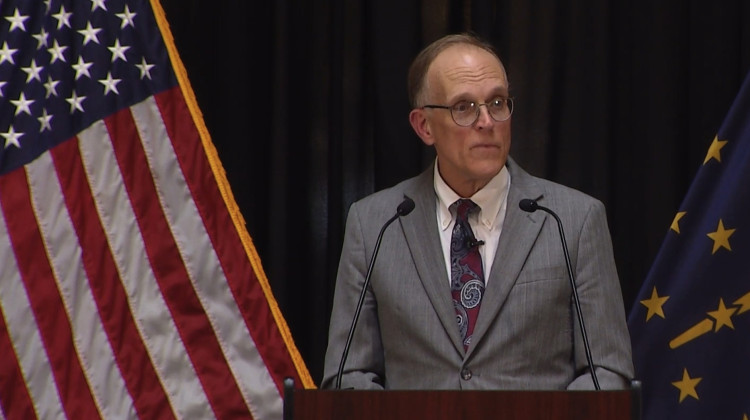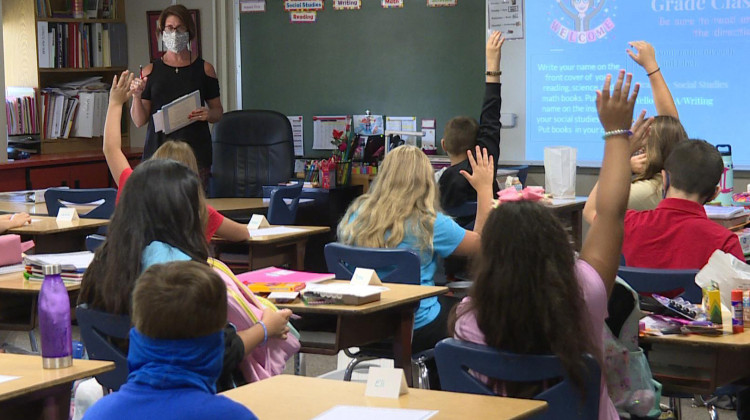MUNCIE -- While Congress debates the proposed nuclear agreement between the United States and Iran, some officials from Indiana universities are working to strengthen ties with the Middle Eastern country for the future benefit of students.
According to the Chronicle of Higher Education, Iran was sending more than 50,000 students a year to American universities before that country’s 1979 revolution. Now, there are about 10,000 each year -- including at universities like Ball State in Muncie.
Ken Holland with Ball State’s Center for International Development spent part of June in Iran at a scientific research summit to discuss collaborations between universities from the two countries. Holland says the open dialogue led seven Iranian schools to inquire about partnering with Indiana schools.
“Most of the professors we met had either earned PhDs in America or had children who were currently enrolled or recently graduated from U.S. universities," Holland said. "So the ties between the universities in the United States are very, very close -- even now.”
Some in Congress – including members in Indiana’s delegation – have said they don’t like the proposed U.S. / Iran deal and will vote against its approval. Holland says that would leave the country out of an opportunity to collaborate.
“We were very, very impressed with the sophistication of the kinds of scientific achievements that they have accomplished even under sanctions," Holland said. "If Congress were to veto the deal, then you’ll see a tremendous increase in connections between Europe and Iran, and also universities in Russia and Iran. So, we’ll be left out of that exchange.”
While there are still thousands of Iranian students studying in the U.S., only two American students were studying in Iran in 2013.
 DONATE
DONATE





 View More Programs
View More Programs


 Support WFYI. We can't do it without you.
Support WFYI. We can't do it without you.